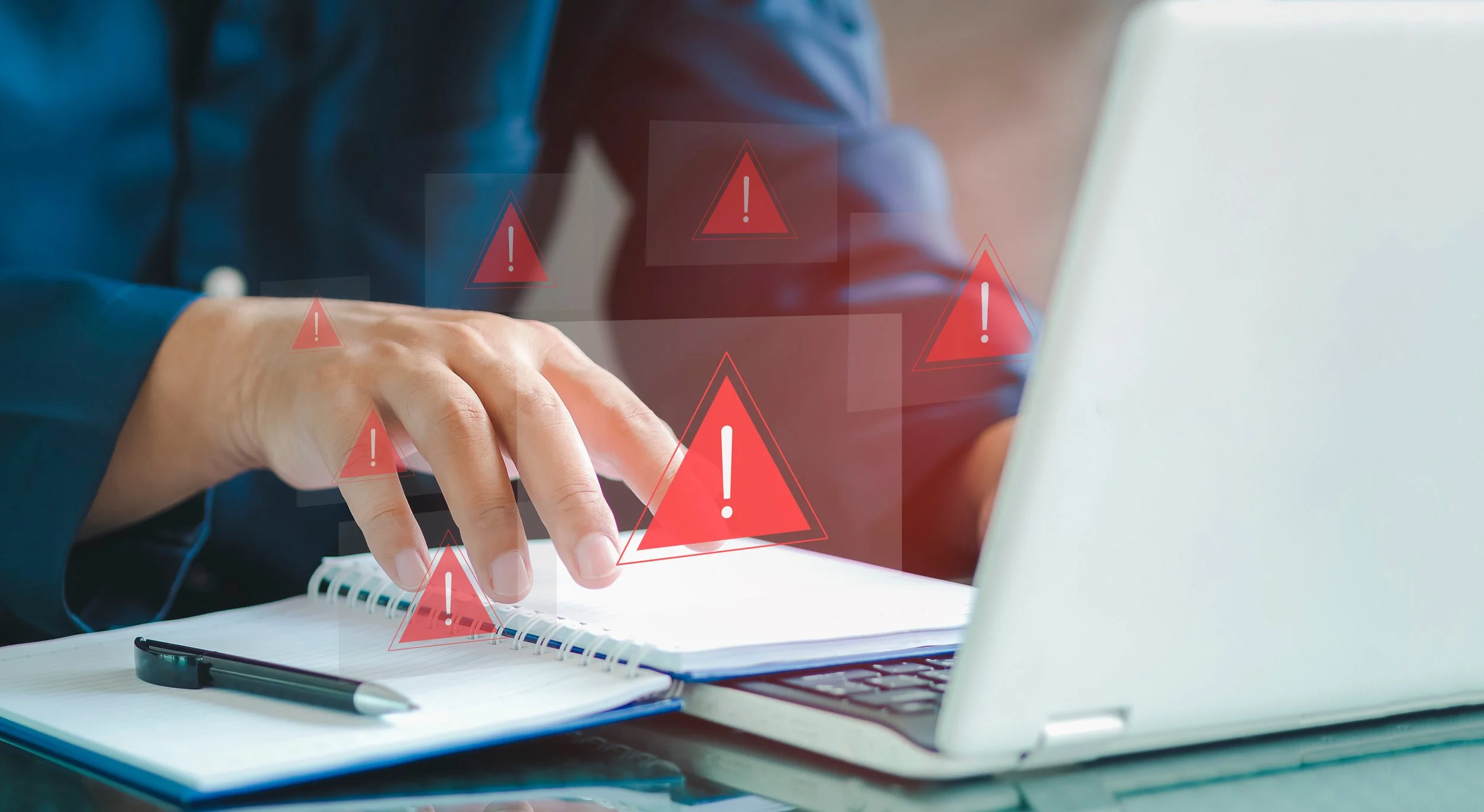Does Making Minimum Payments Hurt Your Credit Score?
There is a lot of buzz about credit scores these days. In fact, in 2021, the average credit score increased to an all-time high of 716, moving up 27 points since 2010, indicating that more Americans than ever have good credit.
A credit score is a numerical expression based on an individual's credit history that is used to determine their creditworthiness and ability to access loans and other financial services. It is a three-digit number ranging from 300 to 850, with higher scores indicating better creditworthiness. A person's credit score is calculated by considering their payment history, current debt levels, types of accounts owned, length of credit history, and more. Credit scores are used by lenders to determine the risk associated with lending money or providing other financial services to an individual.
A good credit score is important for a variety of reasons. It can help you get approved for loans and mortgages, secure better interest rates, and even get approved for certain jobs. It is also an indication of your financial responsibility and trustworthiness. Having a good credit score can open doors to many opportunities that may not be available to those with bad credit scores. Additionally, it can save you money in the long run by allowing you access to lower interest rates on loans and other financial products. For this reason, it is important to check your credit score often to ensure you are in good shape.
Read More
Safeguarding Your Digital World: A Comprehensive Guide to Spotting and Preventing Online Fraud and Scams
In today's digital age, the convenience and accessibility of the internet have revolutionized the way we live, work, and communicate. However, along with these advancements come new challenges, one of the most significant being the rise of online fraud and scams. These malicious activities can impact anyone, regardless of age or technological proficiency. For example, ecommerce fraud has cost consumers more than $200 billion in 2023 alone. In this comprehensive guide, we'll explore various types of online fraud and scams, how to spot them, and most importantly, how to prevent falling victim to them.
Read More
Demystifying The Process: How to Apply for a Mortgage Loan with Encompass Credit Union
For most people, buying a home is arguably one of the biggest financial decisions they'll make in their lifetime. It’s a decision that involves planning, saving, and a lot of paperwork. The process can be exciting, full of hope and anticipation. It can also be nerve-wracking, full of uncertainty and confusion. One of the critical parts of this journey is applying for a mortgage loan.
At Encompass Credit Union, we understand that the mortgage process can seem overwhelming, especially for first-time homebuyers. That's why we're here with a step-by-step guide to walk you through how to apply for a mortgage loan with us.
Read More
What are the Benefits of Using a Credit Union?
More people than ever are flocking to credit unions for their banking needs. In fact, in 2020 alone, more than 274 million people worldwide were members of credit unions, and by 2021, credit union assets skyrocketed past the $2 trillion mark as they took the lead in the financial services sector. Because credit unions are so consumer-oriented, this trend is no surprise. People are looking for financial institutions that truly care about their customers—an element at which credit unions tend to excel. Before you dive into credit union membership, let’s explore the benefits of using a credit union.
Read More
Home Equity Loans, Mortgages, and HELOCs: What’s the Difference?
Navigating the world of real estate financing can feel like a labyrinth of terms and products. You've likely heard the names - mortgages, home equity loans, and Home Equity Line of Credit (HELOC) - but distinguishing between them can often be a source of confusion.
Read More
What to Do If You're a Victim of Fraud: A Comprehensive Guide
In today's digital age, where technology has brought convenience to our fingertips, it has also given rise to a darker side – fraud. Fraud comes in various forms, from credit card bank fraud to online fraud and identity theft. Falling victim to such schemes can be distressing, but it's essential to know that you're not alone and there are steps you can take to regain control of the situation. In this guide, we'll walk you through the essential actions to take if you find yourself in the unfortunate position of being a victim of fraud.
Read More







